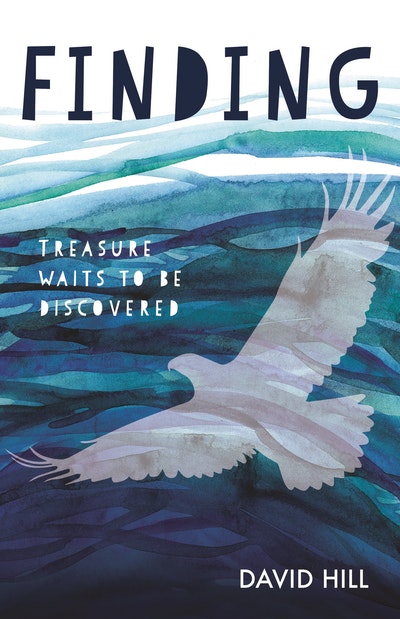Read the story being discussed on Jesse Mulligan’s show on Radio New Zealand on 17 May 2018
Giving the Bird
First there was T.S. Eliot’s The Waste Land, whereby years of English Stage 1 students learned that poetry didn’t have to go dum-de-dum. Instead, it could go dum-de-eh?
Then there were Eliot’s own Notes to The Waste Land, wherein T.S. courteously made the thing even more incomprehensible (lines 366–76: “cf Hermann Hesse, Blick ins Chaos: Schon ist halb Europa . . .”). Thanks a bunch, Tom.
And then came Notes on the Notes on . . ., wherewith critics annotated every line of the poem in increasingly minute detail till they vanished up their own obscurities.
I digress. Let me direct you to line 357 of The Waste Land. It reads “Drip drop drip drop drop drop drop”, thus confirming a lot of English Undergraduate suspicions about twentieth century verse.
Great Tom’s own Note to line 357 begins “This is Turdus aonalaschkae pallasii, the hermit-thrush, which . . .” Turdus: them Latins had a sense of humour all right.
The thrushes in our street aren’t hermits. They operate in Swat Teams. And their behaviour often brings my classical education ringing over the fences, as I cry “Oh . . . turdus!”
Introduced from Europe in the nineteenth century along with rugby, thrushes have become terrorists of suburbia.
Supposedly they’re a boon, “feeding mostly on snails and slugs”. Actually, ours prefer infant bean and pea tips. When they do go for slithery things, they either belt hell out of the shells on our roof at 5.27am, or they rake a cubic metre of garden onto the path as they search for tiffin. Hitler advancing across Russia must have passed on a thing or four to the thrushes advancing across my seed-beds.
Then there’s another of Turdus’s maddening habits: the mindless call usually rendered by bird books as “tchick, tchick, tchick!” In English, this translates as “nyah, nyah, nyah!”, and is most frequently heard as the spotted sods lift off from a scraped garden or streaked roof.
“That’s the wise thrush,” maundered Robert Browning. “He sings each song twice over / Lest you should think he never could recapture / That first fine careless rapture.” Rubbish, Robbie. S/He sings it twice, usually at 5.27am, because: (a) s/he’s innumerate; (b) s/he’s sadistic.
I digress again — to poetry, which started this whole thing. Browning was also responsible for “The lark’s on the wing, / The snail’s on the thorn” etc. What’s not generally known is that his next couplet originally read “The thrush on the roof, / Why was I ever born?”.
Our resident Turdii obviously cross-bred with a Stuka some time in the past (see Hitler ref above). Their dive-bombing skills and pin-point delivery are evidenced on our car roof, porch windows, car doors, garden paths, sun-hats and car windows.
At 6.29am weekday mornings, a minute before I head out to get the paper from the letterbox, at least four of them assemble on the power lines above the said repository. Another original script you didn’t know about was Hitchcock’s The Birds, which planned to use thrushes instead of crows for that scary playground buildup. His crew refused; they were too frightened.
But I’m not a vindictive man, except at 5.27am. For some time, I’d been distressed by the number of spotted dicks that kept flying straight into the glass walls of our porch (I’d told my wife it was a bad idea to clean them), and thudding to the ground. She didn’t like my suggestion of a snarling moggy in fluorescent paint on the glass, so we settled for curtains.
In spite of which, a thick tchick whammed into the glass one pm and then hit the concrete. I rushed out to succour it, and of course it began flapping all over the place, voiding unnecessary body-weight as it did so.
Skidding on Turdus turds, I lifted the idiot import to safety on top of our trellis. It sat there for a bit, then whirred off in a heartstopping arc, skimming and soaring above hedge and bough into the freedom of the glowing firmament.
As it went, it crapped on the washing.
© David Hill, ‘Giving the Bird’ was first published in the Listener in 2012.
David’s most recent publication is the novel for younger readers, Finding, May 2018.













